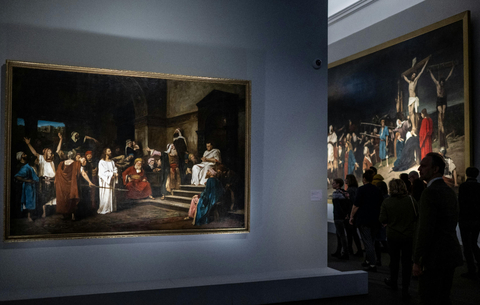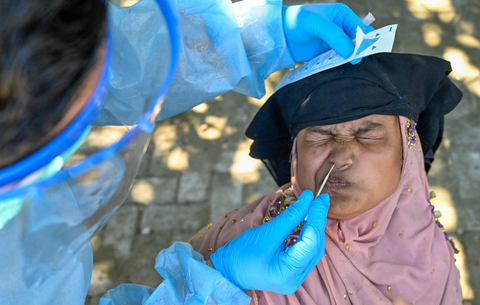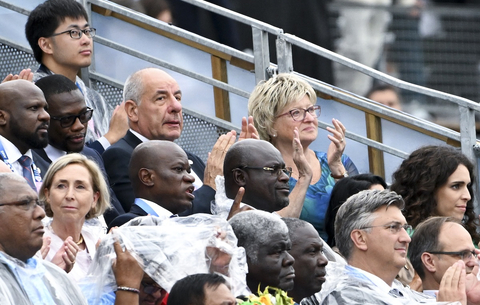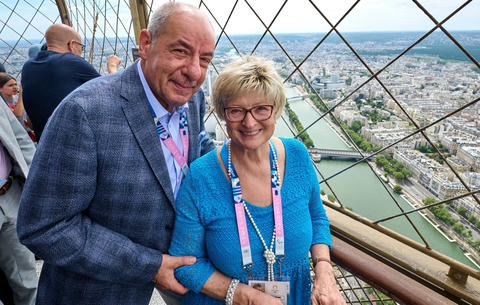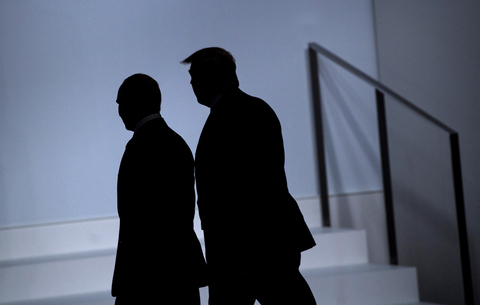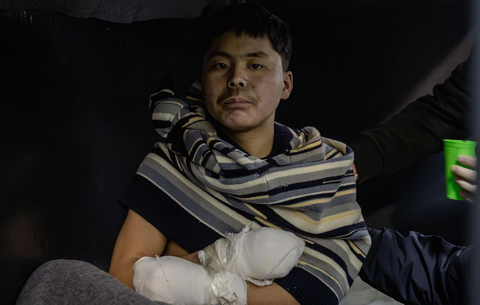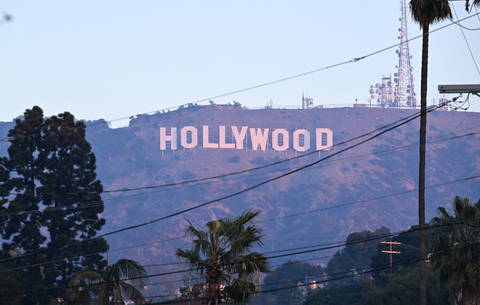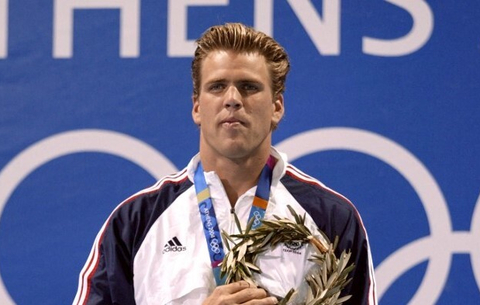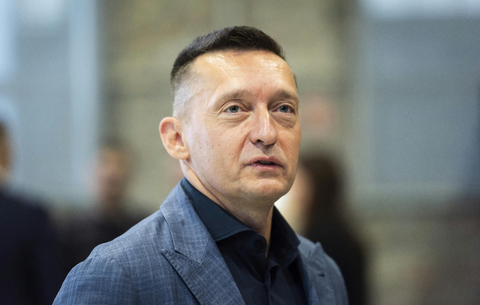On the playgrounds of God and the Devil
Regardless of attempts by protestant German and Catholic Polish bishops to reconcile, regardless of Brandt's kneeling in Warsaw, of Germany's support for Poland's membership of NATO and the EU, there is still no reconciliation, and no Europeanisation. Today, we are further from reconciliation than 20 years ago. And there is no Polish-Russian, German-Czech, Romanian-Hungarian or Slovak-Hungarian reconciliation either, let alone Serb-Croat or Serb-Albanian reconciliation. Endless rounds of new wounds.
Unlike western Europeans who were building up common institutions five years after the war and mutual reconciliation 15 to 20 years later, the central and east Europeans not only messed up their own tiny Visegrad initiative, but they are now weakening the common European institutions as well.
Norman Davies called Poland God's playground. Hungary must surely be the devil's. And the Czech Republic? I'll leave that question to Havel and Pithart, Pehe and Simecka. Poland has been revelatory. The Kaczynski twins, president and prime minister, have opted for a run in with Europe. "If there had been no World War II and no German occupation, then there would be 66m Poles today," said Lech Kaczynski, playing the historical grievance card and demanding a proportionate voting weight. Angela Merkel, almost crying, threatened Poland with European isolation, but in vain. (My God, she survived Ulbricht and Honecker, Gomulka and Gierek, even Jaruzelski, and now, as German chancellor, she has to deal with this!) At this point even the Czechs and the Lithuanians deserted the Kaczynskis. Then Sarkozy entered the ring, devising a compromise. Poland can be proud of its victory. It created an unprecedented level of European harmony. Everyone hates the Poles.
I'm fully aware of the failings of the European institutions. I know about the selfishness of politicians and their taxpayers, but the answer is not intransigence, nor is it to give up trying to build up institutions and seek compromise. Western Europe advanced by confronting the barbarity of its civilisation. We are all to willing to confront sin and weakness in others, but seem unable to face the sin and weakness we would otherwise find in ourselves.
In eastern Europe, everyone escapes into their own history. I've just returned from Russia, where World War II serves as the most important pillar of the national identity: Stalingrad, the rescue of Europe. Don't deny that we liberated you, they tell the Balts and the Poles, the Hungarians and the Romanians. I don't deny it. Despite the fact that my father was for three years a prisoner of war in Zaporozhye, while his younger brother died in the Soviet transit camp in Focsan. Unlike Guenter Grass's mother, my mother was never raped. Nobody in my family died in 1956.
Don't you like us, asks a woman journalist from St Petersburg. "We almost certainly have something in common, unlike the Poles or the Lithuanians," I say. For Hungary, the key date is not 1944-45 or 1956, but Trianon, 1919 - a peace treaty that is more than 80 years old. What about that? We should try it with Sarkozy - "If Trianon hadn't happened, then Hungary would be this big..." The devil's playground.
I ask Peter Eszterhazy how he sees Poland. "Beautiful, amazing," he enthuses. "They have the same attitude towards politics as the Swiss. They have no idea who's in government; they're not even interested. There's growth. They're thinking. They can empathise with others' viewpoints. With mine as well. There aren't two fanatically opposed sides, as with us. Yes, I spoke with Michnik as well. It's sad. He insists there's a problem, but you can't see it."
By contrast, Hungary festers in foul air. Something's rotten. Everyone fends for himself. We seal ourselves off from the possibility that somebody else might be right.
Listen to old Hrabal. "In the end, Aprilka, it depends on your point of view, how you look at the world. As I wrote to you, Sudeten Germans say that the Balkans begin at Lovosice. But in the Slavia cafe, the painter Kamil Lhota always said eastern Europe begins in Karlin, the Prague suburb. To which the composer Rychlik shouted that it began at the Ponci gate. And I wrote that eastern Europe begins with the last imperial railway station of the empire stands. But Josef Brodsky adds in an article in the Express that Asia begins in Kiev and ends in China, just as Gogol once said that in Russia a man can ride for three years without reaching the frontier." From my computer's speakers, Rostropovich is playing Bach. We're in Europe, and we're hiding inside it like Matryoshka dolls.
